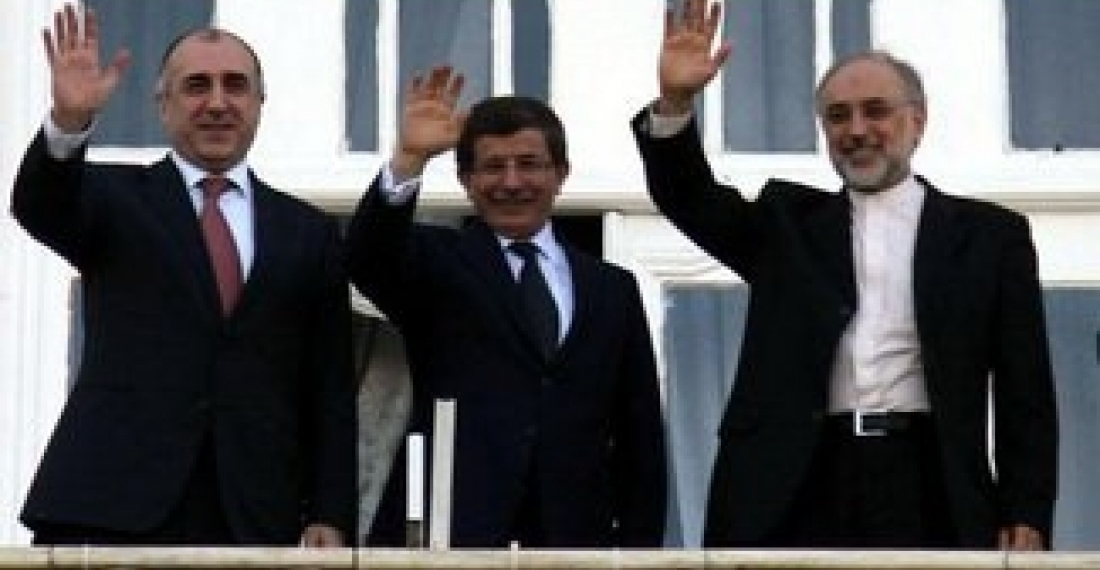The Iranian Ambassador to Azerbaijan, Mohammed Bagher Bahrami, has raised the possibility that Armenia may join the trilateral talks involving the Foreign Ministers of Iran, Turkey and Azerbaijan. The first talks in this format were held in the Iranian city of Urmie in April 2011. The next round of talks is expected to be held in Nakhichevan in October.
The possibility of Armenia joining the talks was raised in an interview that the Iranian Ambassador gave to the Azerbaijani website salamnews.org, published on 19 July. The website quotes the Ambassador as saying that the issue of Armenian participation can be discussed in the future.
In Urmie in April the Foreign Ministers of Iran, Turkey and Azerbaijan adopted a nine point declaration on issues such as economic development, enhanced ties in tourism, science and culture, cooperation in regional and international organizations, conflict resolution within the framework of territorial integrity and inviolability of borders, and the principles of establishing a tripartite cooperation in other areas.
It is known that Iran is keen to be part of regional processes in the South Caucasus and has been trying to improve its relations with Armenia, Azerbaijan and Georgia, as well as with Turkey. Iran's relations with all four countries are however complex and further Iranian involvement in the region is likely to be assessed negatively by the western countries who continue to have concerns about the Iranian nuclear programme.
The inclusion of Armenia in the Iran-Turkey-Azerbaijan discussions will strenghten the Iranian position, but the initiative is unlikely to be well received by either Azerbaijan or Armenia who for different reasons may be suspicious of such a development.
source: commonspace.eu editorial team (with additional material from salamnews.org)






